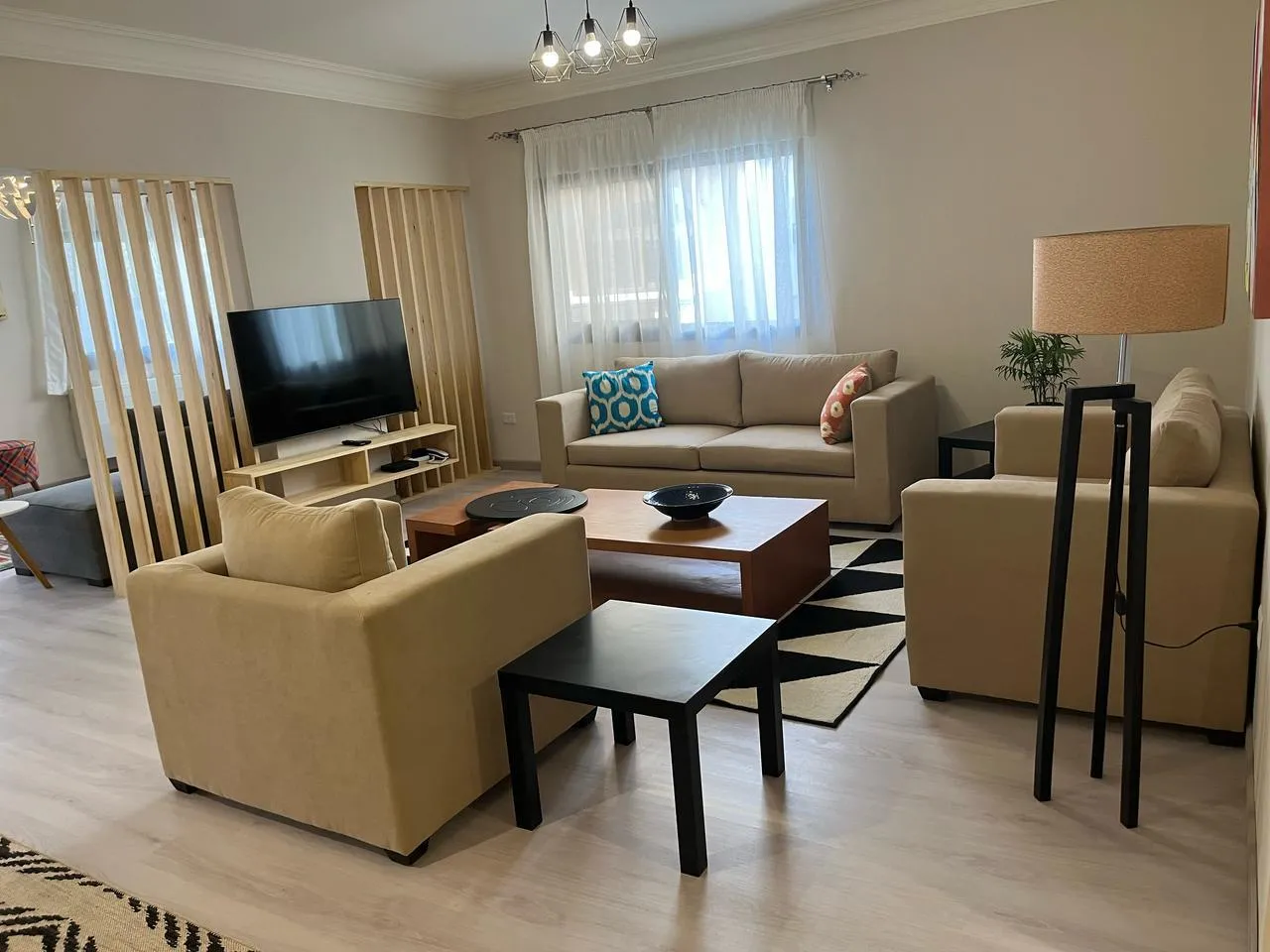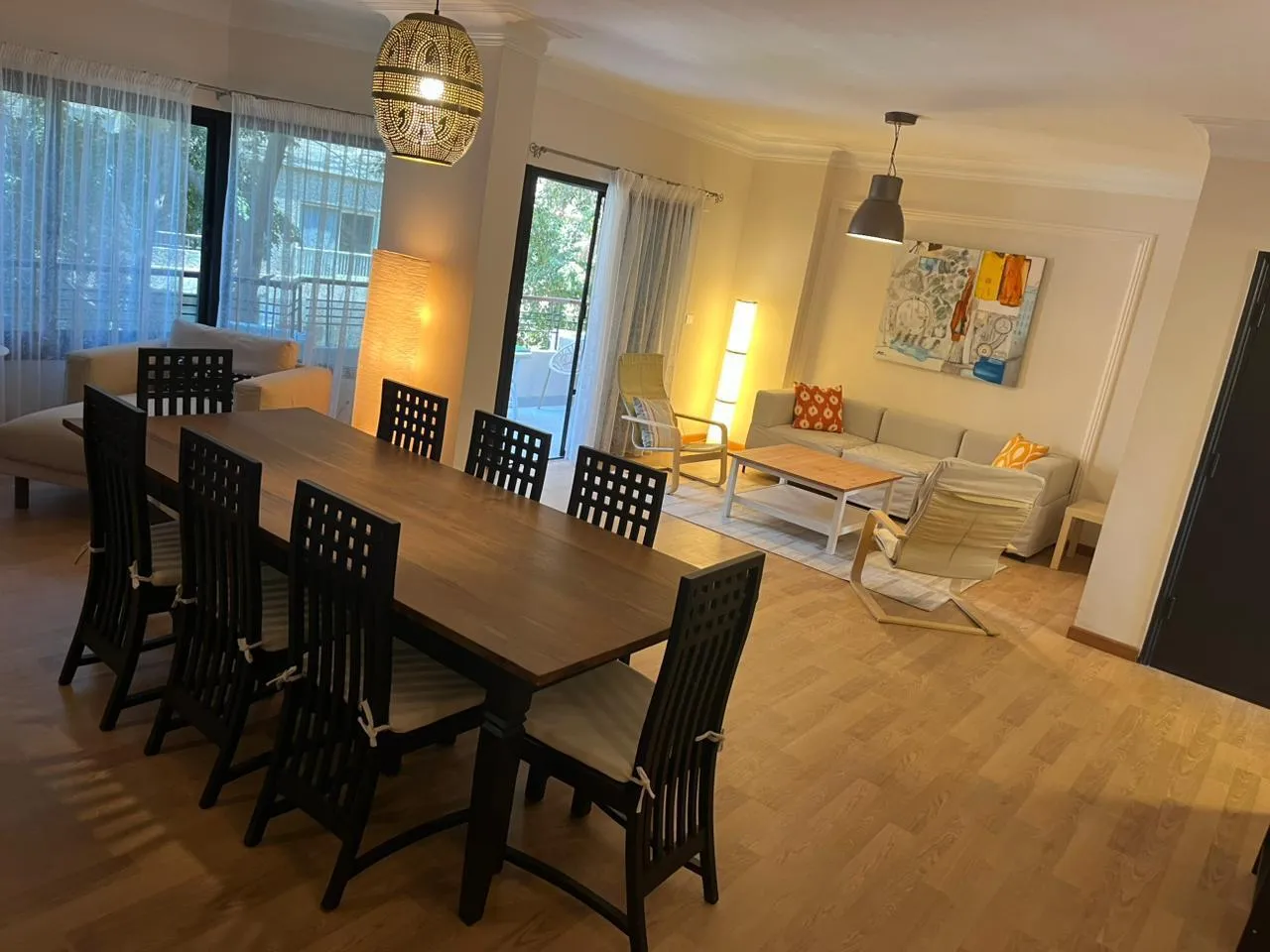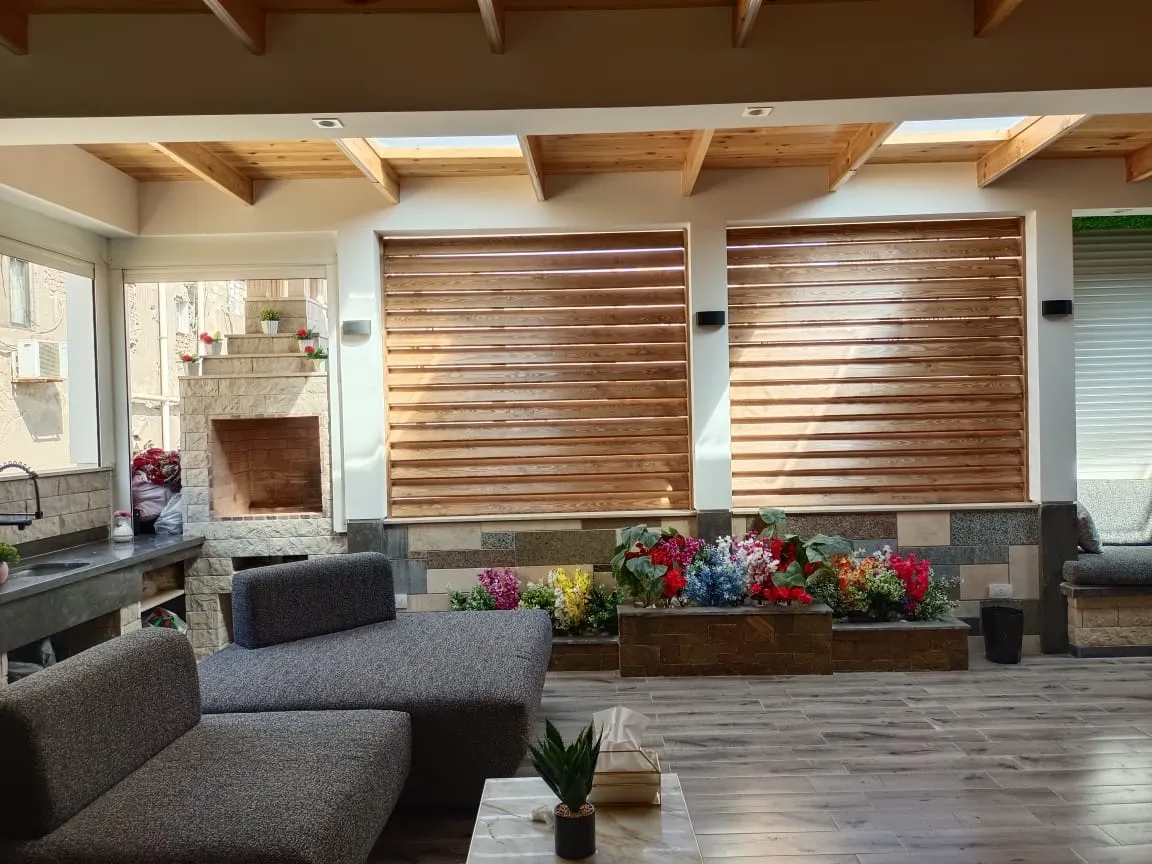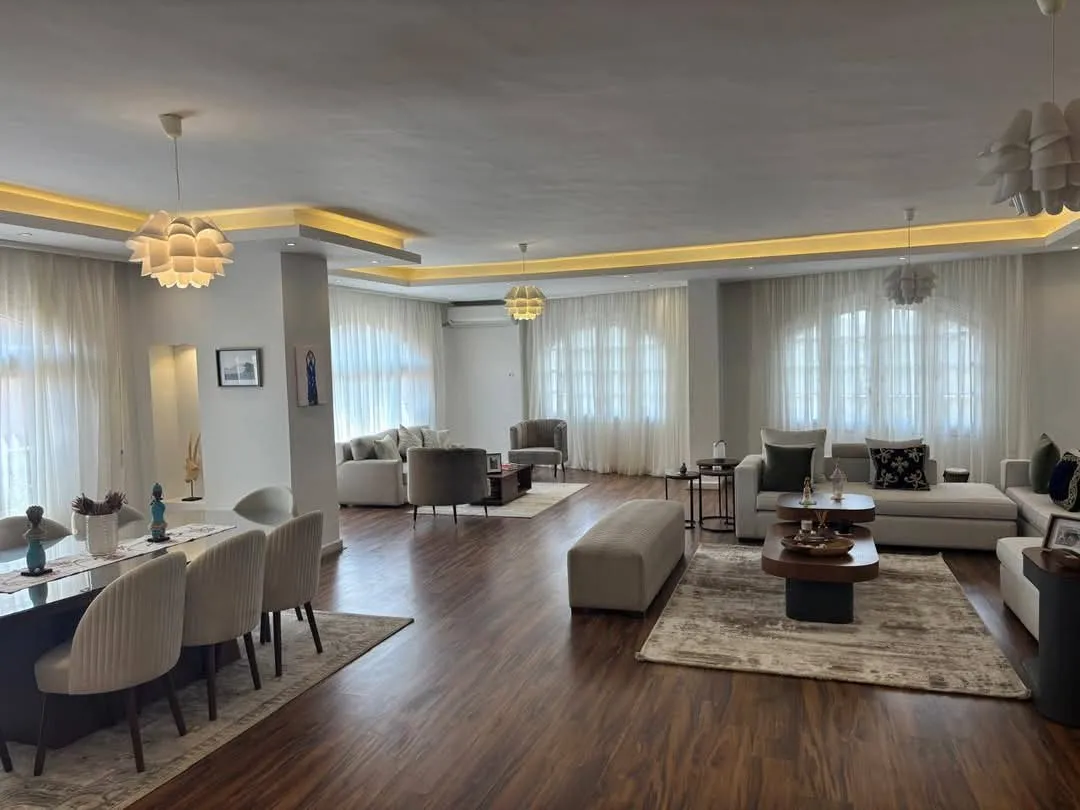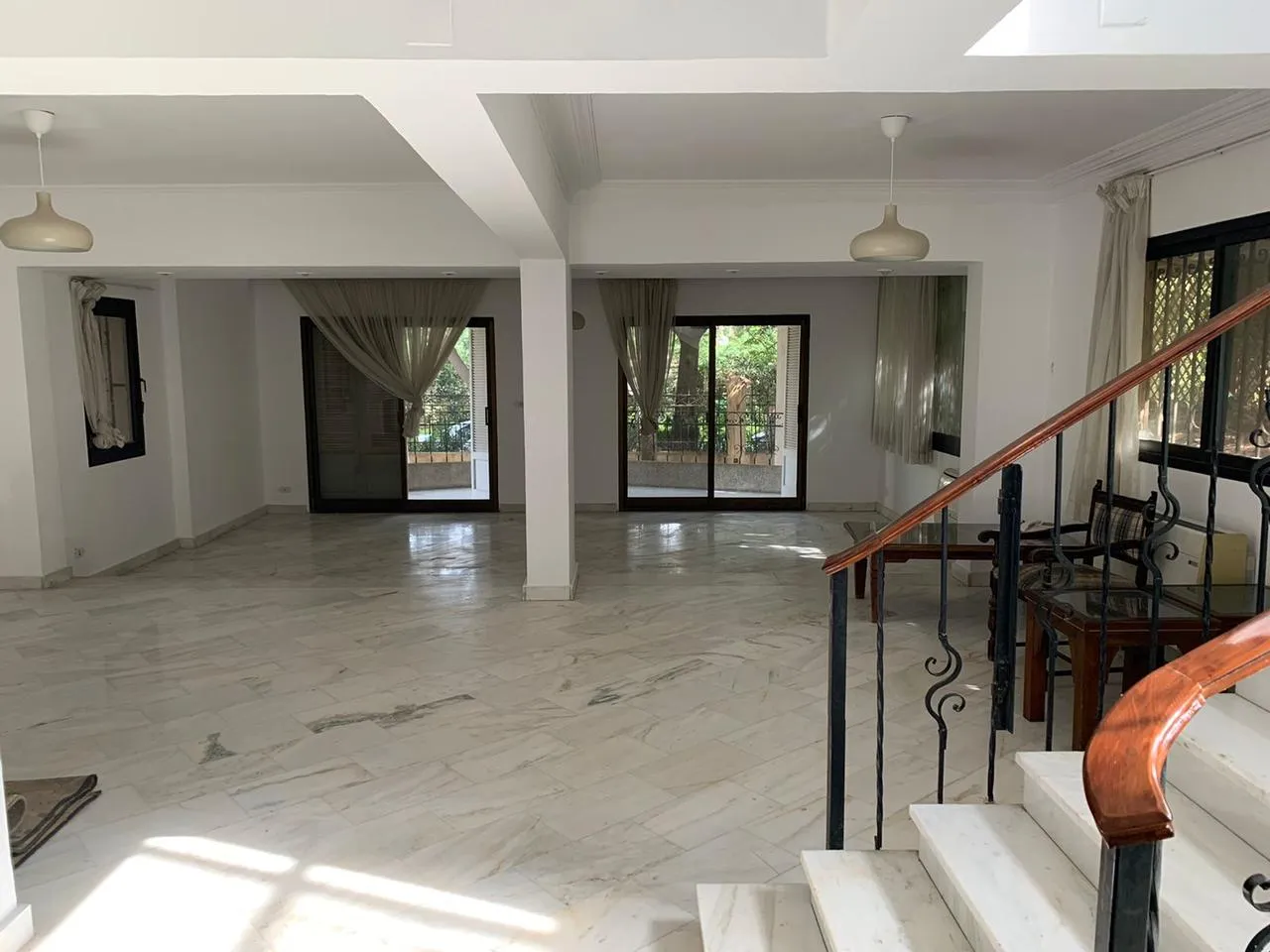Renting an Apartment: 15 Security Questions to Keep in Mind
Author
Ali Ashour
Time
9 Min.
Language
English
Created:
4/6/2024
Updated:
4/15/2024
Renting an Apartment: 15 Security Questions to Keep in Mind
When embarking on the journey of renting an apartment, it's crucial to inquire about the amenities provided and understand the policies around them, including any additional costs involved. It's also important to ask about the visitor policy, which may limit the number of guests and oversee identification requirements, ensuring residents' safety and privacy are prioritized.

Considering the apartment complex's security measures, from on-site personnel to maintenance and emergency protocols, is essential for peace of mind. Equally vital is assessing neighborhood safety and accessibility, alongside understanding lease, deposit considerations, and privacy policies, especially concerning surveillance in common areas.
Security Features and On-Site Security Personnel
When considering renting an apartment, the security features and the presence of on-site security personnel are paramount. Here's a breakdown of essential security aspects to inquire about:
- Current and Future Security Measures: It's crucial to ask landlords about existing security measures and any planned upgrades. This includes everything from surveillance systems to the presence of security personnel.
- Emergency Exits and first safety: Ensure all exits are accessible and that the apartment is equipped with smoke detectors and fire sprinklers. The type and strength of locks on entry points are equally important, as is the policy on lock replacement or rekeying after tenant turnover.
- On-Site Security and Parking: Assess the apartment complex for surveillance systems, security personnel, and designated parking spots within controlled access areas. Companies like Vivint and ADT offer smart home-compatible security solutions, while Vigilant Tiger Security provides comprehensive services, including armed guards and event security. The presence of security guards can significantly enhance safety, deter crime, and provide peace of mind.
These questions and considerations will help you gauge the level of security in the apartment complex, ensuring you make a well-informed decision when renting an apartment.
Maintenance and Emergency Protocols
In the realm of renting an apartment, understanding the maintenance and emergency protocols in place is crucial for ensuring a safe living environment. Here are key aspects to consider:
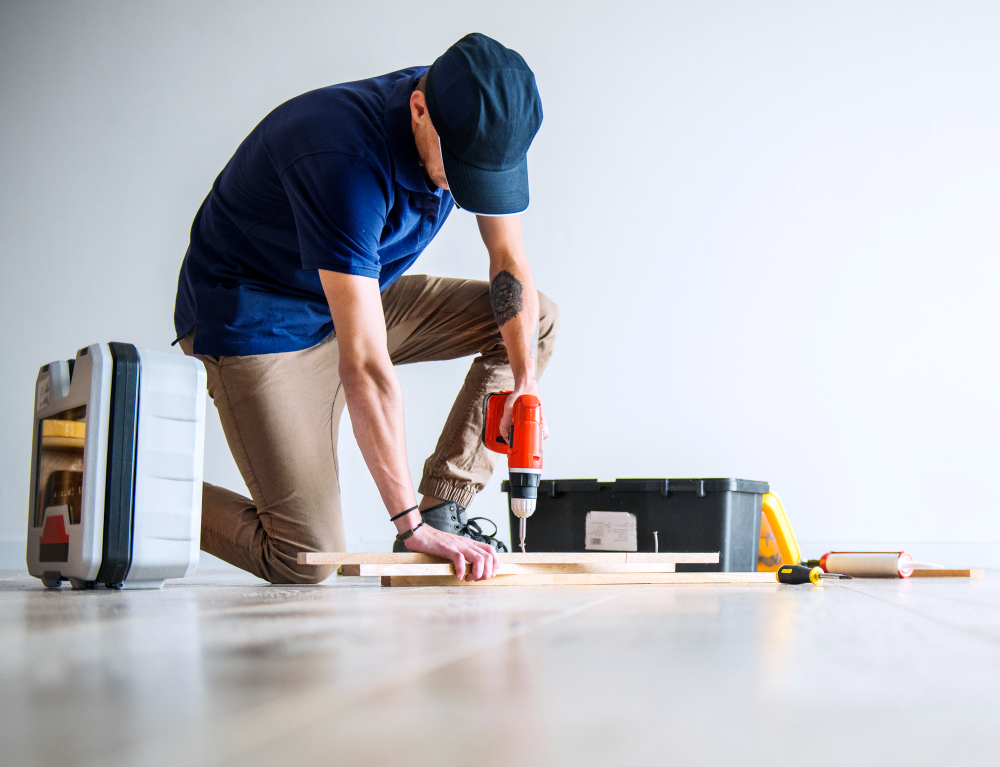
- Regular Maintenance Checks: Ensure that the apartment complex conducts regular checks on crucial safety equipment, such as smoke detectors, carbon monoxide detectors, fire extinguishers, elevators, and emergency exit lights. Additionally, the cleaning of common areas like hallways, staircases, and entrances should be part of the routine maintenance schedule.
- Emergency Preparedness:
- Create a detailed emergency plan covering actions for fire situations, including evacuation routes and roles for each household member.
- Establish contact protocols for emergencies, including whom to call within the apartment management and a personal list of emergency contacts.
- Have an emergency kit ready, equipped with essentials like flashlights, batteries, a first aid kit, and sufficient water and food supplies.
- Understanding Apartment Policies:
- Inquire about the apartment’s policies on lockouts, emergency lockout services, and any associated fees.
- Familiarize yourself with the process for filing maintenance and emergency service requests, ensuring you know the maximum response times and who to contact.
- For severe weather conditions such as tornadoes, hurricanes, or floods, understand the specific precautions and actions recommended by the apartment complex.
By keeping these considerations in mind, renters can better prepare for and respond to emergencies, ensuring their safety and minimizing disruptions during their tenancy.
Neighborhood Safety and Accessibility
When exploring neighborhoods for apartments for rent, safety and accessibility should be top priorities. Here are essential aspects to consider:
- Crime Rate and Safety Measures:
- Inquire about the area's crime rate using resources like the FBI Crime Data Explorer or CityProtect for up-to-date crime data.
- Participate or inquire about neighborhood watch programs which enhance community safety.
- Check for well-lit streets, visible police patrols, and the presence of reliable moving companies, hospitals, and clinics as indicators of a safe environment.
- Accessibility and Community Engagement:
- Ensure there are well-maintained public spaces and parks, promoting community engagement and deterring criminal activity.
- Strong educational institutions in the area can contribute to a neighborhood’s safety by fostering a sense of ownership and accountability among residents.
- Technology and Tools for Safety:
- Utilize tools like AreaVibes for neighborhood safety ratings and the Neighbors App by Ring to connect with neighbors and stay informed about local safety concerns.
- Family Watchdog and Life360 offer specific safety features like mapping registered sex offenders and providing crime report maps, respectively.
Evaluating these factors will help in finding apartments for rent in areas where one can feel secure and engaged with the community.
Lease and Deposit Considerations
Understanding the intricacies of lease and deposit considerations is a crucial step in the apartment renting process. Here are key points to keep in mind:
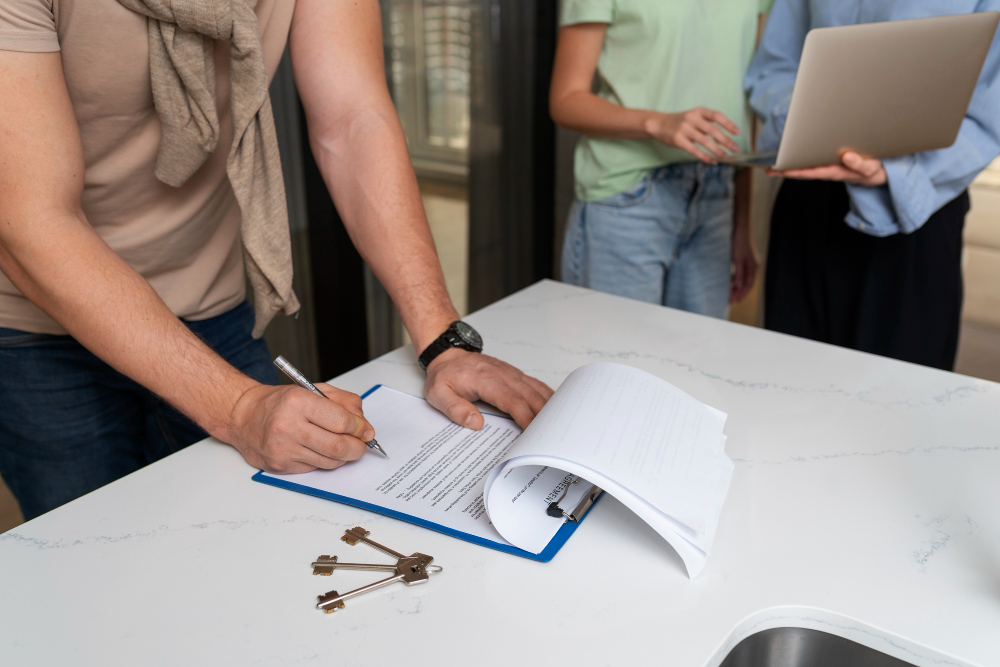
- Security Deposit Basics:
- Typically equal to one or two months' rent.
- Paid at the start of the lease, sometimes along with the first month's rent.
- Must be returned after the lease ends, minus any deductions for damages beyond normal wear and tear.
- State Regulations:
- Vary regarding the timeline for returning the security deposit.
- Some states mandate interest-bearing accounts for holding security deposits.
- Limits on the amount a landlord can request (e.g., in California, up to two months' rent for unfurnished properties).
- Tenant Tips:
- Obtain a written receipt for the security deposit.
- Document the rental unit's condition before moving in.
- Provide written notice before moving out to ensure a smooth process.
- To maximize the chance of receiving the full deposit back, adhere to lease terms, clean the property, and complete a move-out inspection.
This section aims to equip tenants with the knowledge to navigate lease and deposit considerations efficiently, ensuring a transparent and fair renting experience.
Conclusion
Through the careful examination of security features, maintenance protocols, neighborhood safety, and lease considerations, this article has aimed to provide prospective tenants with a comprehensive guide to navigate the intricate process of renting an apartment. By addressing these critical aspects, from inquiring about on-site security measures to understanding the specifics of lease agreements and deposits, renters are better equipped to make informed decisions that align with their safety and comfort needs.
The significance of these considerations cannot be understated; they are fundamental in ensuring that one's living environment is secure, accessible, and legally sound. As renters step into the world of apartment hunting, armed with this knowledge, they are positioned to advocate for their rights and well-being. Ultimately, the peace of mind that comes from thorough preparation and understanding can greatly enhance the rental experience, making it a positive and rewarding venture.

